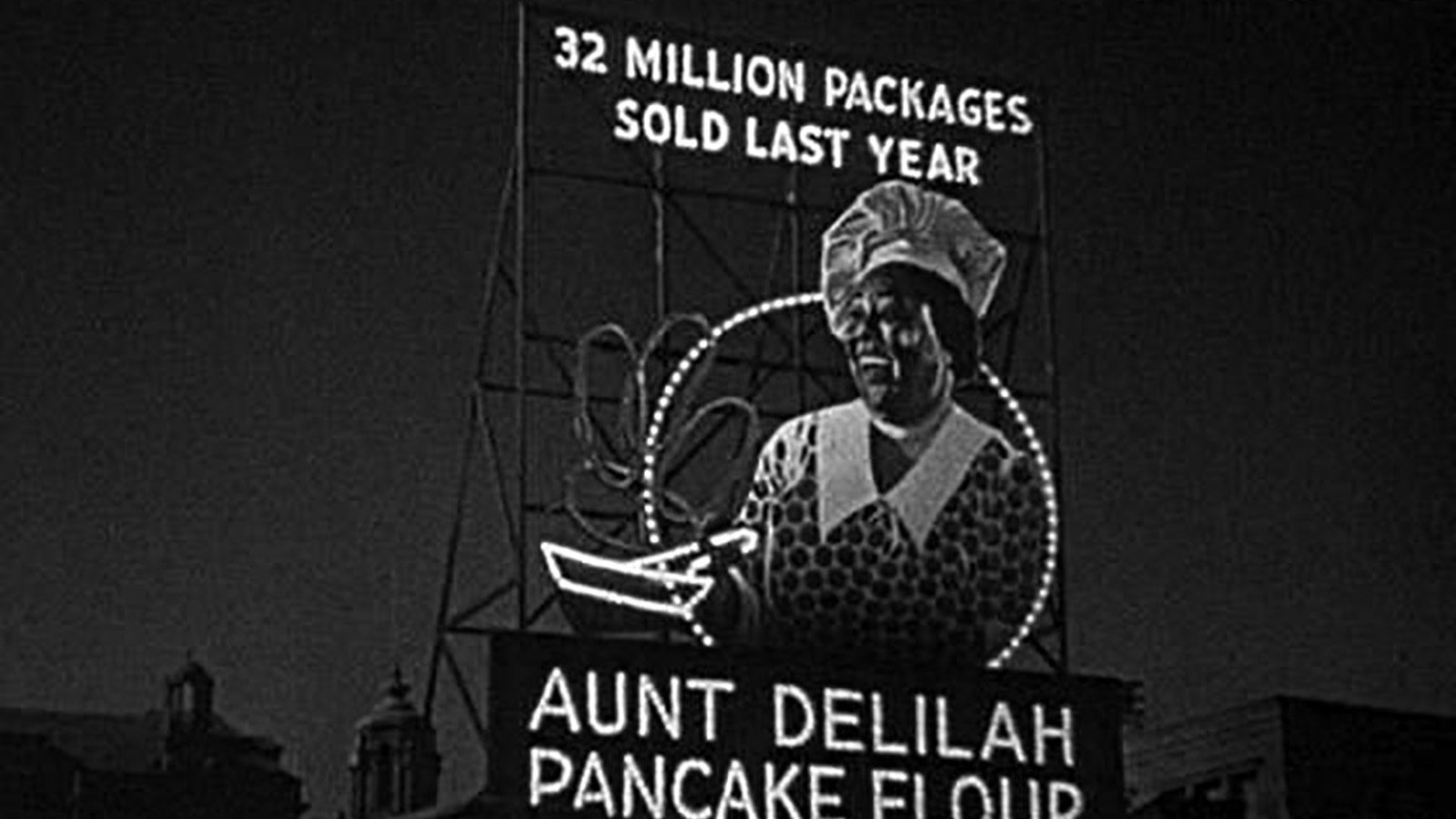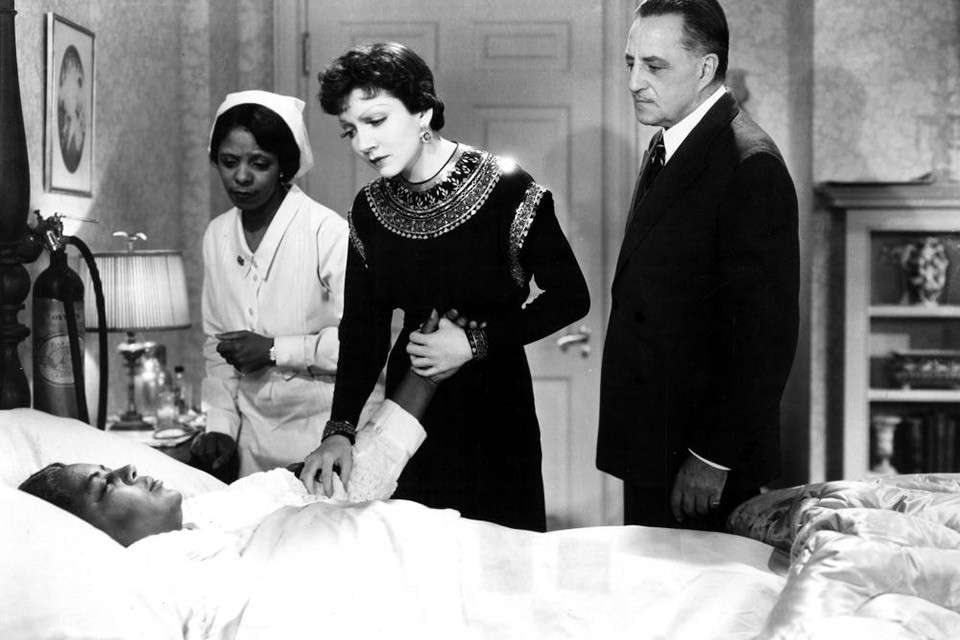
In the Moment: Louise Beavers in Imitation of Life (1934)
In John M. Stahl’s Imitation of Life, Louise Beavers finally had the opportunity to show her acting talent in a role that transcends the “Mammy” stereotype to form a profound portrait.

Beavers plays Delilah, the housekeeper, business associate, and friend to white widow Bea Pullman (Claudette Colbert). But most importantly, the film makes Delilah a mother and provides her with an inner conflict around it: her light-skinned daughter Peola, passing as a white young woman in the eyes of a racist society, bitterly rejects her for being the unavoidable reminder of her identity.
The effectiveness of Beavers’s performance comes from her tempered attitude toward her conflict. When she visits Peola at school, Delilah doesn’t seem to acknowledge her daughter’s anger or the teacher’s puzzlement with her presence in the room. Beavers doesn’t play the crisis—she endures the scene in a seemingly naïve and sustained mood that drives the point home harder, refusing to engage the racism in the air.

When asked by Colbert to pose as the face of their Aunt Jemima–like pancake company, Beavers freezes her big smiling close-up longer than requested. The duration makes Colbert’s character laugh; however, the deconstruction of the stereotype is just beginning. It is by insisting on the character’s passivity that Delilah becomes provocative and tragic. Her constant inclination to turn the other cheek, to try to understand even the most unfair and cruel of situations, builds up in the audience an emotional violence against prejudices that engages with the dramatic force of Beavers’s portrayal.
Delilah can’t do anything to solve her conflict. She has to bear it. And Beavers refines her sustained low tone in a heartbreaking demonstration of impotence and endurance. She never highlights any gesture and, even so, she is always shining.







